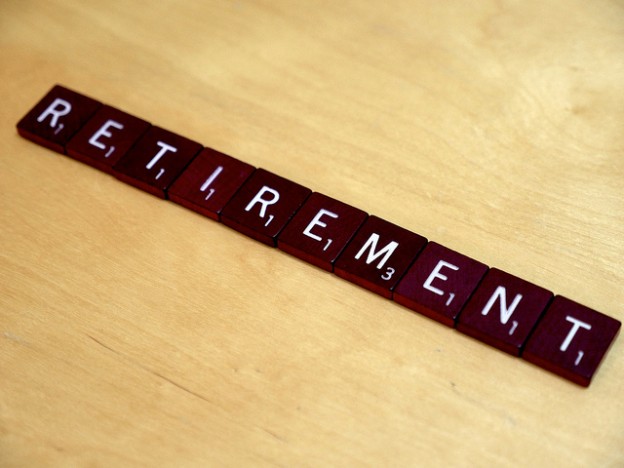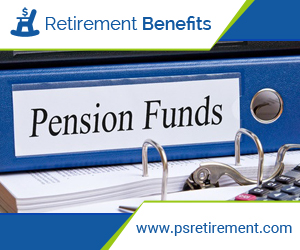Planning Early is the Key to a Good Retirement

The key to a good retirement and a successful future is to start saving early, when you’re young. As soon as possible, would be the best advice. Things like compound interest can only grow if you maximize the amount of years you have your money stashed in a retirement fund or account.
Let me give you an example. If you start saving at the age of 22 and put $5000 dollars away in an account annually for the next 45 years, by the time you retire at age 67 you’ll have accrued $1.13 million dollars at the standard 6 percent rate of return on interest. That’s a lot of money!
But let’s say you start your saving at 35 instead of 22. To get the same amount of money in the same period of time you would have to put away $10,000 dollars a year. That’s a big difference!
So How Do You Start Saving in Your 20s?
The first step is to plan for the worst. Create an emergency fund that has at least six months worth of bills in it and stick that in some kind of savings account that would have a good return on it if you don’t need the cash. Even with market fluctuations, you should be find being so young, the waxing and waning of rates shouldn’t affect you in the long run.
It may be tough to get going at first, especially at the onset of a career, but if you stick with this savings plan, you’ll have a years worth of retirement money by the time you hit your 30s.
Ideally you want to work your way up to stashing 10 percent of your income in a tax-deferred retirement account that you will not touch until the end of your working career. The emergency fund that you’ve been cultivating and keeping can go into the retirement account if you don’t end up needing it by the time you stop working, and if you do, it won’t effect the interest you’ve been gathering in your IRA.
3/4ths of companies in America give their employees the option of contributing to a retirement plan, according to research done by the Federal Reserve in 2017. Most of this is done through automatic enrollment and doesn’t require much by way of employee initiative. But that doesn’t mean you’re free and clear just by working. Some plans are not tailored correctly and your contributions may be smaller than you’d like in order to save successfully for retirement. If that’s the case, you should bump up the amount you contribute each paycheck, and you’ll soon be raking in the interest and on your way to a successful retirement!







